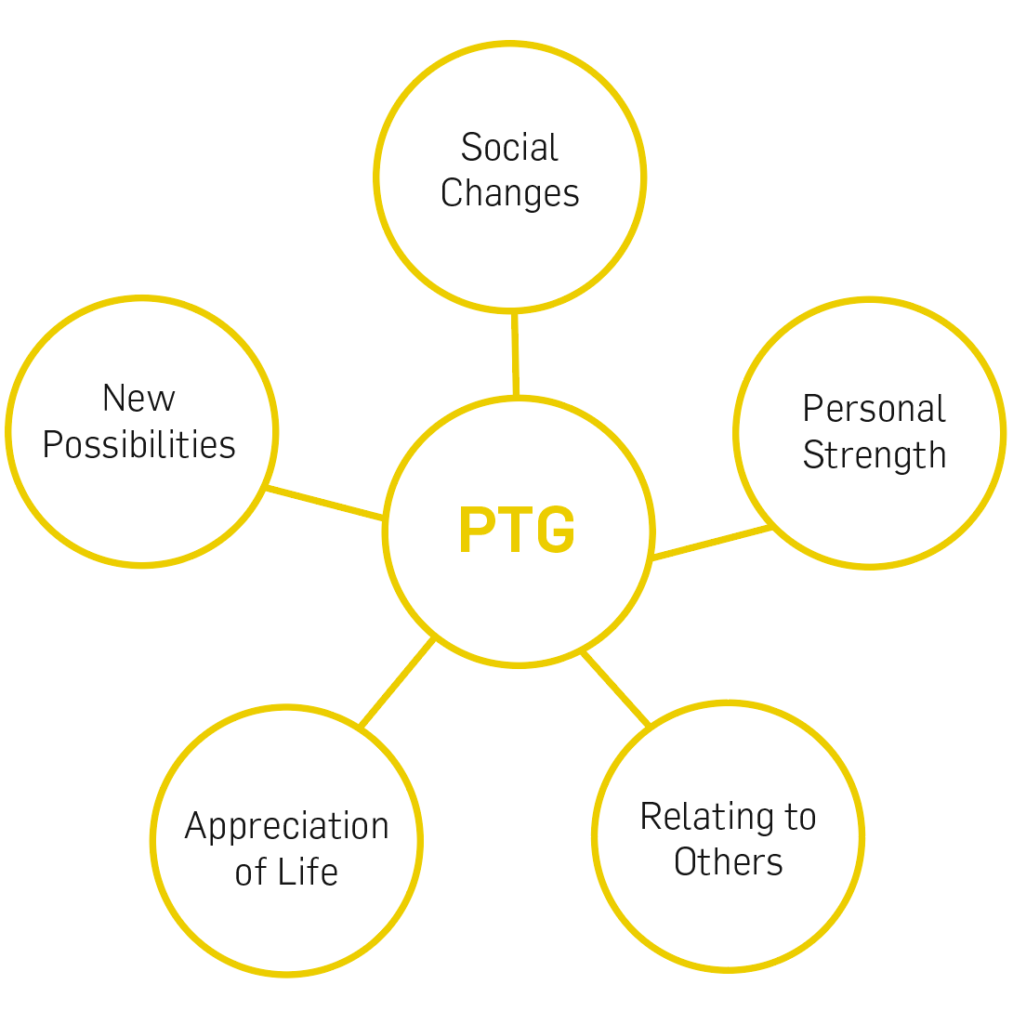“If you focus on goals, you may achieve goals, but that doesn’t guarantee growth.
If you focus on growth, you will grow and always hit goals.”
Human beings are generally resilient. We are because, as a species, we have developed the ability to learn from past events. Whether it’s learning from catastrophic mistakes or surprising successes, we have the ability to apply the knowledge and wisdom gained in preparation for what may lay ahead. Having set aims, objectives and an optimistic outlook is generally good for us all. But when we are able to focus on particular desired outcomes and formulate pragmatic approaches to reach those outcomes, we as humans most often have the ability to achieve great things. These desired outcomes are also termed as goals and can be used to describe something that is quickly achievable, something that may take time to accomplish and something way-off in the future or something in between.
Goal:
The object of a person’s ambition or effort; an aim or desired result or a desire or drive to move from where you are now to somewhere better.
Humans not only dream of past experiences but we have the ability to creatively plan for the future, something most animals are incapable of. This often starts with a thought, a feeling or an “itch”, but with some consideration and imagination, these can be moulded into a positive idea, desire and importantly, a plan, where we can put the idea into action and actually do something. Coaching, which is a future-focused intervention (i.e. not dwelling on past happenings), is centred around the idea of reaching goals. A way of looking at self-coaching is to say: ‘This is where I am now’ (current situation). ‘That’s where I want to go to’ (outcome or goal). And: ‘This is how I’m going to get there.’ Including choices available (and potential consequences) and a plan of what to do (actions).
Knowing that, in life, we have a need and a desire to learn from experiences, the drive to achieve personal or collective goals and grow along the way is, at a basic level, key to human survival. To progress or lead a meaningful life. Add a positive and flexible, yet robust, attitude to the mix and we’re looking more likely to achieve our determined goals. As humans, we learn when things are good and we feel safe. When we feel psychologically safe (where our values and beliefs aren’t compromised) we know that we can learn and grow when things don’t necessarily go our way, too. Even learning to grow following adversity and trauma is possible. This is known as having a growth mindset and it’s a really useful asset when facing a world of change and uncertainty and still wanting to perform under pressure and achieve meaningful goals.
In coaching we often use the analogy of a young child seeing fire for the first time, who, in exploring its draw and beauty, gets burnt. If the child decides that fire is too dangerous to even go near again, then growing up with no warmth, cooked food and comfort would be tough, to say the least.
On the other hand, if the child realises that they only get burnt if they get too close, then they can take active measures to protect themself whilst enjoying the huge benefits and beauty of fire. In this case, the child has practised experiential learning in order to grow as a person. How many Neanderthals, on first meeting fire or lava, had a similar experience and perhaps missed the opportunity to live a happier life?
As stated, humans grow most and learn more effectively when they feel psychologically safe. When in a state of perceived safety, our bodies are flooded with positive hormones like dopamine, serotonin, endorphins and oxytocin which enable and encourage us to enjoy the moment and appreciate the people around us, test new personal theories and push ourselves, even to the limits. When we feel unsafe, a feeling, driven by our senses, combined with the memory of previous experiences, causes our body to be flooded with the stress-related hormone cortisol. This is laced with adrenaline to ensure it gets to all the right places as quickly as possible, often before we are even consciously aware, with the sole purpose of getting you to do something, which is often referred to as the Flight, Fight or Freeze response. In this state we may feel anxious, nervous or scared and may become rather risk averse, preventing us from trying out those new things or pushing ourselves, even to escape harm. This is a place where many of us get stuck.

For some, this becomes an unpleasant place to be, often leaving us feeling depressed or worried and without the personal resources we sometimes find ourselves unable to climb out of the ditch we’ve found ourselves in.
During mobilisation, or fight or flight phase, the bodily aim is to recover to a place of perceived safety. While feeling unsafe, we can enter a stressed state, when our body concentrates on little but survival or, at best, getting through tough times. In order to learn effectively and grow as a person we need to feel that we are safe. This does not necessarily mean physically safe. Over the years, I have found myself in some really testing environments. In truth, I rarely felt frightened or scared. Nervous, perhaps but rarely more than anxious. I don’t put this down to me being extraordinarily brave. It was more the fact that I was doing something that I believed in and that I was most often surrounded by capable friends and colleagues that have a similar attitude to me.
In those moments, I may have been far from being physically safe but I was psychologically safe. And for me, that was okay. Looking back, it seems rather absurd. Even though the greatest drive for a human being is one of survival, we can put one’s beliefs and sense of purpose ahead of personal physical safety. I figure that the drive for meaningful existence and survival of the human species can be entwined with the needs of a single person and encourage us to forge ahead, achieve those goals and learn and grow along the way, even in the most challenging of environments.
Coaching Question
Success: Consider a time you achieved your goals. What did you learn from that experience?
Habituator
Rhythm: Try to find one activity that helps ground you during a period of flux or uncontrollability (deep rhythmic breathing, exercise, count to 10).
This article is based on the Amazon No.1 Hot New Release in HR, The A–Z of Human Performance. For more coaching questions and habituators on this topic and 25 more chapters from Jonna Sercombe, Emma Wiggs, and Steve Eaton, pick up a copy in paperback or eBook.
